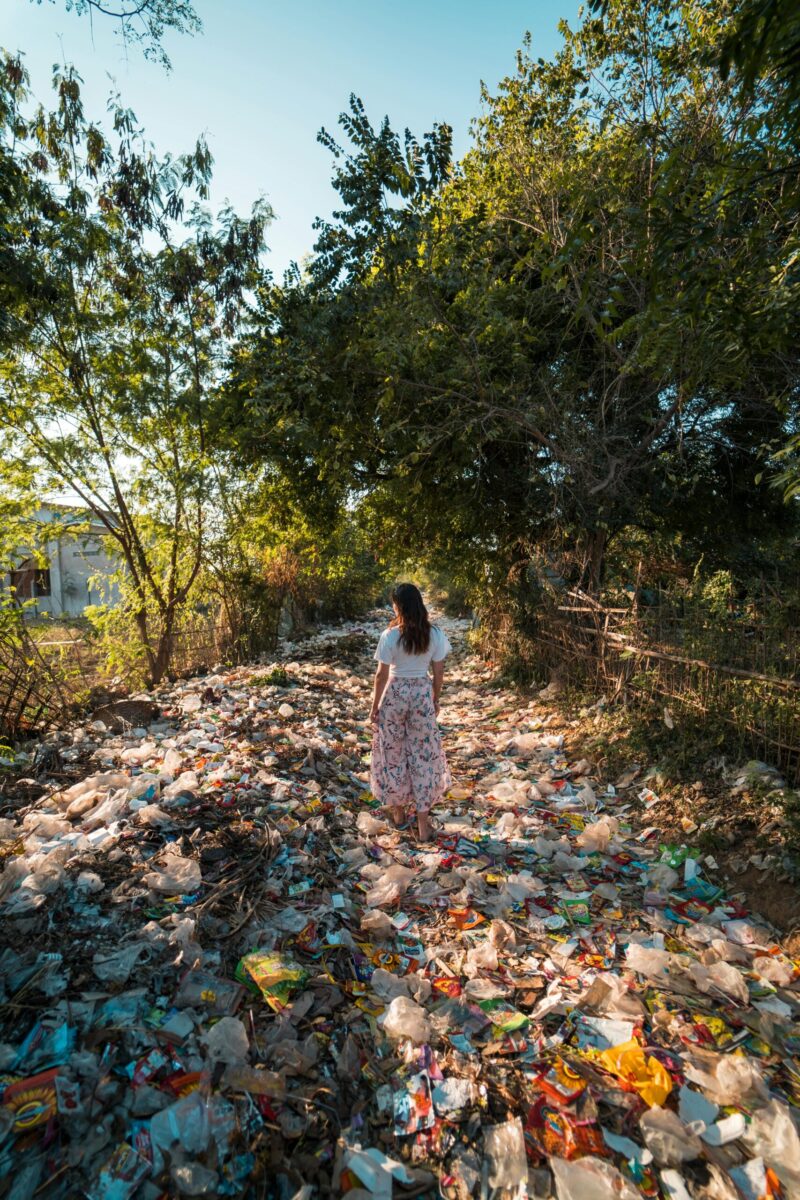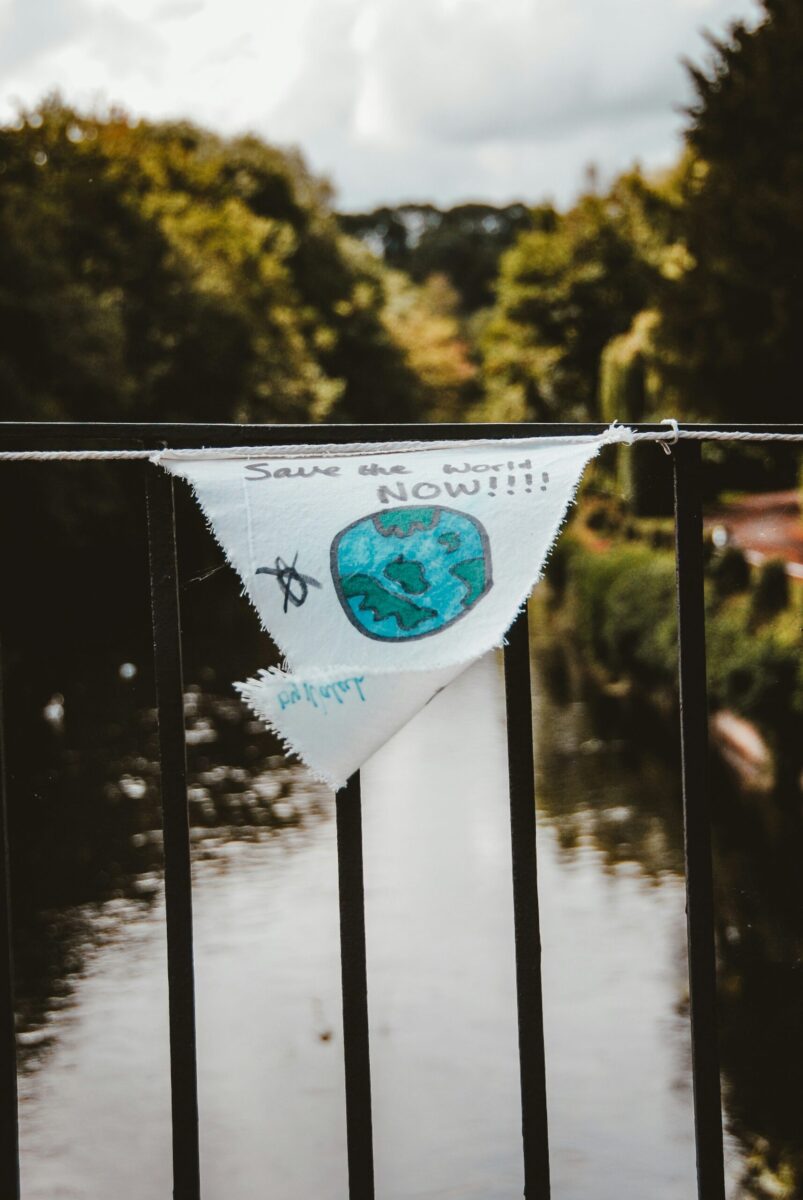Looking for an alternative to plastic? The Wellness Feed shares several we’ve learned from experts and striving to be zero waste.
| All products featured on The Wellness Feed are independently selected by our editors. However, when you buy something through our retail links, we may earn an affiliate commission.|
Plastic Free July comes with a lot of momentum for living a zero-waste lifestyle. Stores will hand out a reusable bag as a plastic alternative or they might pass out reusable steel water bottles (if you’re very lucky). Publications hop on the Plastic Free July bandwagon and offer advice for alternatives to plastic. Yet when the month ends, the excitement for refillable, recyclable, or compostable alternatives sometimes fade. But with brands cutting back on plastic packaging, offering refillable and compostable items and the small choices we can make everyday to say ‘NO’ to single-use plastic, the momentum for living a zero waste lifestyle can roll into the next month and the month after that.
So, why not make Plastic Free August a thing? Then, why not September, October, November, etc.? There are great tips, organizations, and products available to help us all consume and waste less plastic.
Why Is Reducing Plastic Use Important?


Plastic isn’t necessarily the bad guy. It serves a purpose and inevitably all of us are using it whether indirectly (the water transferred to your home might flow through some pipes made from plastic) or directly (using a single-use plastic bag at the grocery store). What makes plastic consumption so detrimental to the environmental is due in part to overproduction, overconsumption, and overwaste (yes, we know it’s not a real word… yet).
Turns Out 20 Companies Are The World’s Biggest Plastic Polluters
In 2019, statistics showed that the global production of plastics used 9 million barrels of oil daily. All that plastic is likely thrown out after one use. According to studies, the average American tosses out 1 pound of plastic trash daily. Globally, we produce 350 million tons of plastic waste yearly. And, unlike natural materials, plastic doesn’t biodegrade naturally. By some estimates, some plastic items can take 1,000 years to fully break down. During that time plastic breaks down into small pieces called microplastics that pollute our water resources and harms wildlife. Plastic waste also emits millions of tons of greenhouse gases each year when the items are refined and when they’re decomposing. Facts like these are just scratching the surface about the negative impact from plastic waste.
The good news is that just as scientists understand the impact plastic pollution has on our environment and health, they also understand how a collective effort between corporations, governments, and consumers to reduce plastic waste can have a positive impact. As consumers are role might seem small, but collectively our actions can have the positive impact our planet needs.
Tips For Reducing Your Plastic Use


Whether you’re a Plastic Free July veteran or you’re just starting your journey, there are tips and conscious changes you can make daily to reduce single-use plastic waste.
Food
Single-use plastic packaging is one of the biggest contributors to waste when it comes to food. To minimize this, countries like France have passed bills to ban unnecessary packaging on fresh produce. You can further cut your plastic waste use with these tips.
- Shop at your local farmers market or join a CSA. You’ll support local farmers while also buying plastic-free produce, yogurt in glass jars, and meats and breads wrapped in paper.
- Bring a reusable cotton tote and reusable produce bags with you to the grocery store.
- Bring a reusable coffee mug or dine in when you grab your morning latte or espresso.
- Skip takeout. Dine in. Packaging meals for takeout uses a lot of plastic from the containers to the bags. Try to minimize takeout by dining at your favorite restaurant or try out a new recipe to make it exciting to enjoy a home-cooked meal.
What Types Of Eco-Friendly Food Packaging Should You Look For?
Shopping
- Shop for natural fibers like organic cotton, linen, or wool. Avoid plastic-based clothing like polyester and nylon.
- Try solid personal care items like soap and shampoos. That could include a bar of soap or shampoo or toothpaste tabs. You’ll avoid using unrecyclable plastic containers and save water.
- Shop for solid cleaning products. There are laundry detergents that are powders and are packaged in recyclable paper boxes. Other cleaning brands have refillable plastic bottles that can be refilled with cleaning tablets.
Here’s What It’s Like Using Solid Beauty Products For 1 Year
Everyday
- Buy less. Ask yourself if you need the item first. Small tips like this can help you reduce buying products and unnecessary packaging.
- Buy bulk to avoid buying single-use plastic packaging.
- Shop pre-loved. Shop from consignment, vintage, and resell stores and websites for party decorations books, clothing, and furniture to help keep items out of landfills.
- Recycle. Check out sites like the EPA to ensure that you’re recycling properly.
Advocacy
- Join a plastic clean-up with a local organization to remove plastic waste from your rivers, beaches, parks, or town.
- Write to your local city council, mayor, or congressperson to share your concerns about plastic pollution and your desire to see stronger legislation preventing plastic waste.
- Write to your favorite brands asking them to reduce their plastic packaging.





